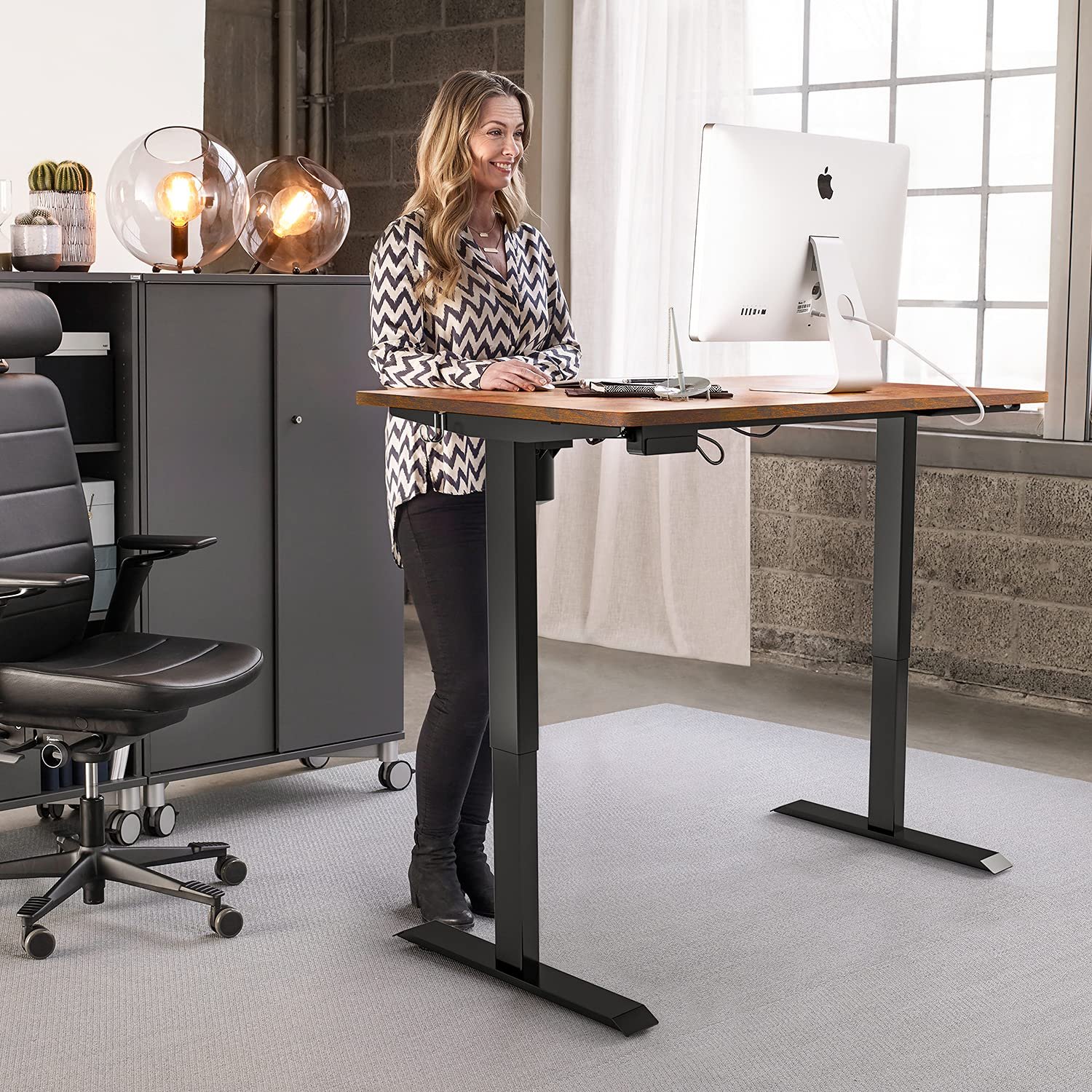Introduction:
In the fast-paced and ever-evolving modern workplace, prioritizing employee well-being is crucial for both individual and organisational success. One key aspect of fostering a healthy work environment is the integration of adaptive furniture. This innovative approach not only enhances comfort but also embraces the inevitable changes in the way we work. In this article, we will explore the concept of office well-being and delve into the benefits of incorporating adaptive furniture to create a flexible and dynamic workspace.
The Evolution of Workspaces:
Traditional office layouts are rapidly becoming obsolete as businesses adapt to new technologies and work trends. The conventional cubicle-style setup is being replaced by open, collaborative spaces that encourage communication and creativity. However, this shift brings forth the need for furniture that can seamlessly adapt to different work scenarios and employee preferences.
Understanding Adaptive Furniture:
Adaptive furniture refers to versatile and modular pieces designed to accommodate various work styles and functions. These pieces can be easily reconfigured to meet the changing needs of the office environment. From height adjustable desks to modular seating arrangements, the possibilities are vast. This flexibility not only caters to different work tasks but also promotes a healthier and more engaging workplace.
Promoting Employee Well-being:
Progressive organisations prioritise the well-being of their employees as a top concern. Adaptive furniture plays a pivotal role in creating a comfortable and ergonomic workspace. Height adjustable desks allow employees to switch between sitting and standing, reducing the negative effects of prolonged sitting. Additionally, customizable seating arrangements promote proper posture and cater to individual preferences, contributing to a healthier and more enjoyable work experience.
Embracing Change:
The business landscape is constantly evolving, and the ability to adapt is a key factor in success. Adaptive furniture aligns with this philosophy by providing a foundation for change within the office environment. As teams grow, shrink, or reorganise, the furniture can be easily adjusted to accommodate these shifts, ensuring a seamless transition without the need for a complete office overhaul.
Enhancing Collaboration and Creativity:
Collaboration is at the heart of many successful organisations. Adaptive furniture fosters teamwork by creating spaces that can be quickly transformed to facilitate group discussions, brainstorming sessions, or individual focused work. This adaptability not only boosts productivity but also encourages creativity, as employees have the freedom to choose an environment that best suits their task at hand.
Conclusion:
Office well-being is a multifaceted concept that encompasses physical health, comfort, and adaptability. Embracing change with adaptive furniture is a strategic step towards creating a dynamic and employee-centric workspace. By prioritizing the needs of individuals and the ever-changing nature of work, organizations can cultivate a culture of innovation, collaboration, and overall well-being. As we continue to navigate the evolving landscape of work, investing in adaptive furniture is an investment in the success and happiness of both employees and the organization as a whole.

